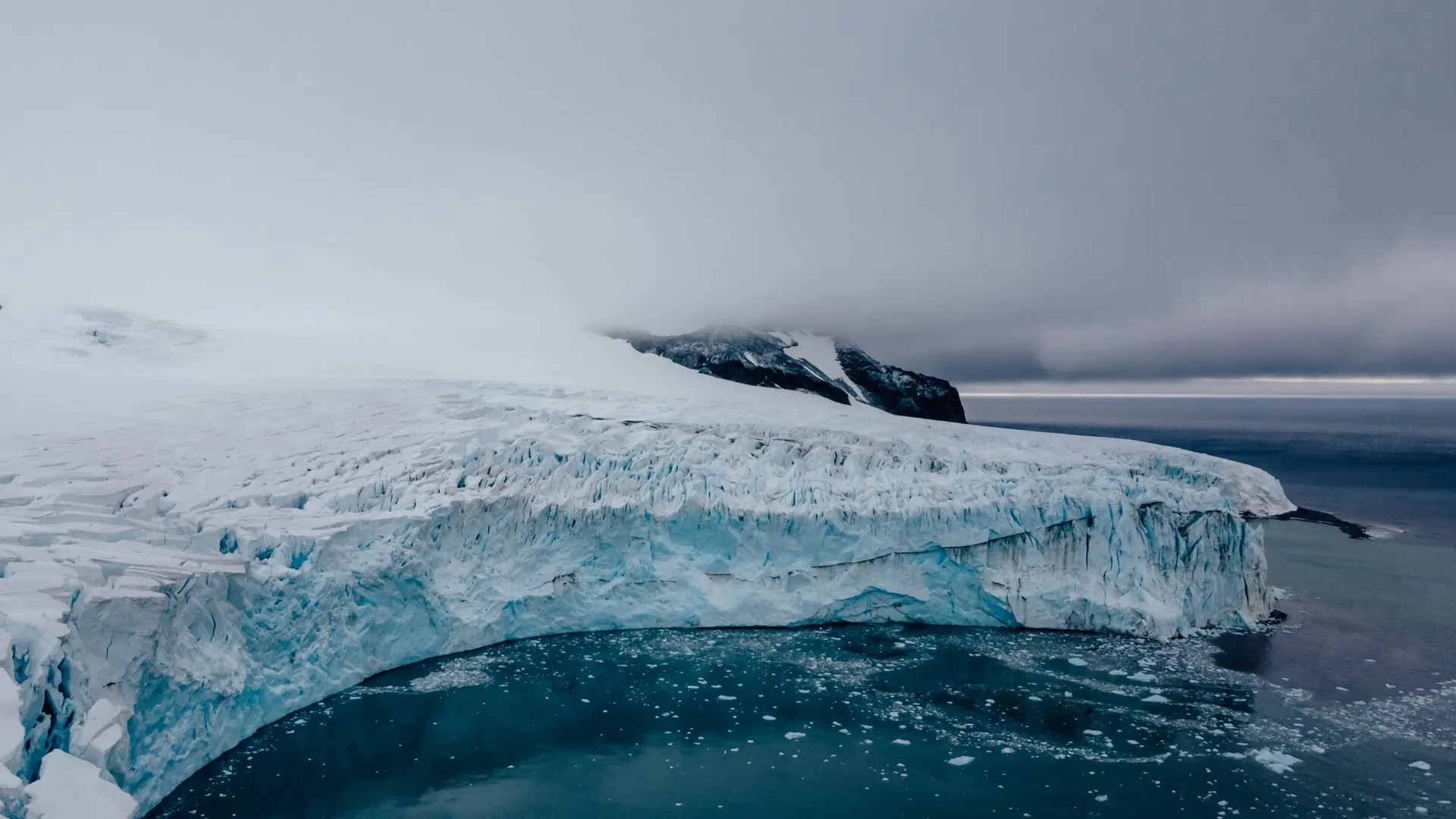
Originally Posted by RFI
Sea levels are rising twice as fast as in the first decade of measurements (1993-2002) and reached a new record last year, the World Meteorological Organization (WMO) said on Friday. ). In addition, the UN agency document showed that glaciers are melting at a dramatic pace and can no longer be conserved, as climate change indicators have reached record levels, a trend that should consolidate by 2060.
Extreme melting of glaciers and record heat in the oceans – which causes the volume of water to expand – contributed to an average sea level rise of around 4.62mm per year between 2013 and 2022, the UN agency said in a report detailing the devastation of climate change. This is about double what it was in the first recorded decade, 1993-2002, for a total increase of over 10 cm since the early 1990s.
Rising sea levels threaten some coastal cities and the very existence of low-lying states like Tuvalu, which plans to build a digital version of itself in case it goes under water.
“This report shows that, once again, greenhouse gas concentrations in the atmosphere continue to reach record levels, contributing to warming Earth and oceans, melting ice caps and glaciers, raising sea levels and warming and acidifying the oceans,” said WMO Secretary General Petteri Taalas at the opening of the publication.
The annual report, released on the eve of Earth Day, also shows that Antarctic sea ice retreated to record levels last June and July. The oceans experienced record temperatures, with around 58% of its surface area suffering from a marine heat wave.
new record
Climate scientists have warned that the world could set a new average temperature record in 2023 or 2024 as a result of climate change and the early return of El Niño. Melting glaciers hit record highs, warns the UN.
The report confirms that the global average temperature in 2022 was 1.15°C higher than in pre-industrial times (1850-1900) and that the last eight years have been the warmest on record, despite the cooling caused by the La Niña weather phenomenon for three years in a row.
According to WMO, “the melting of some European glaciers has literally exceeded records“.
And “glaciers remain at maximum risk because the CO2 concentration is already very high and sea level rise is likely to continue for thousands of years,” said Petteri Taalas.
Melting cannot be stopped “unless we create a way to remove CO2 from the atmosphere,” he said.
the european glaciers
Reference glaciers have lost much more than average over the last ten years. The cumulative loss of glacier thickness since 1970 is almost 30 meters.
The European Alps experienced record melting of glaciers due to a combination of low snow cover in winter, the arrival of dust from the Sahara in March 2022 and heat waves between May and early September.
The situation of Swiss glaciers is particularly dramatic. They lost 6% of their ice volume between 2021 and 2022, compared to a third between 2001 and 2022. For the first time, no snow survived the summer melt season, even in the highest measurement locations, where, however, there was no accumulation of fresh ice.
Sea levels and ocean temperatures also reached record levels.
Droughts, floods and heat waves are affecting large parts of the world, and the associated costs are rising.
“Greenhouse gas emissions continue to rise, the climate continues to change and people around the world continue to be hit hard by weather conditions and extreme weather events,” warns Taalas.
With information from AFP.
Join our WhatsApp group, clicking on this link
Join our Telegram channel, click this link
Source: https://www.diariodocentrodomundo.com.br/nivel-do-mar-sobe-2-vezes-mais-rapido-que-previsto-adverte-onu/

